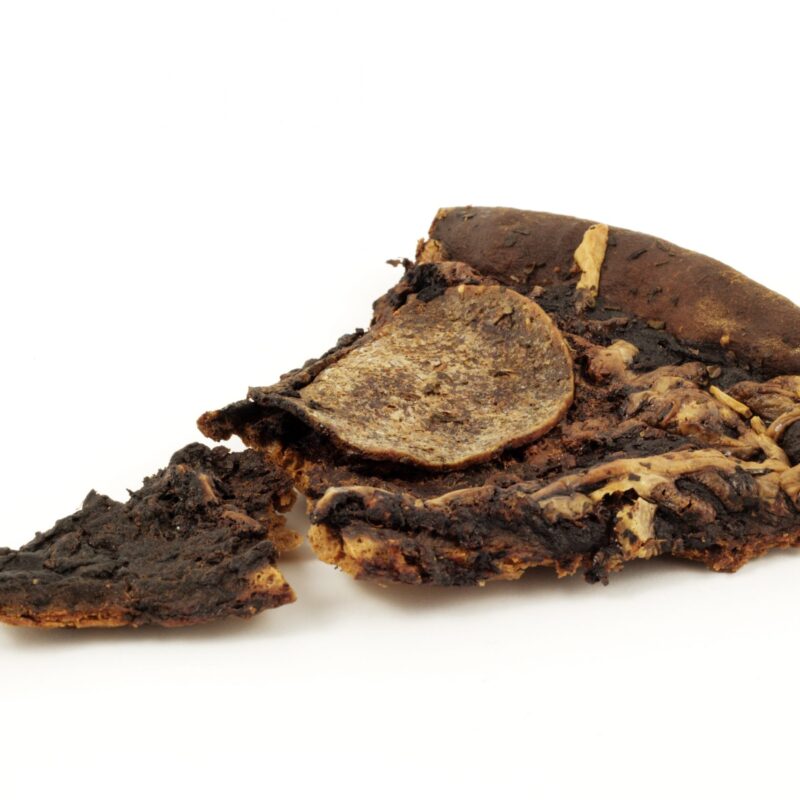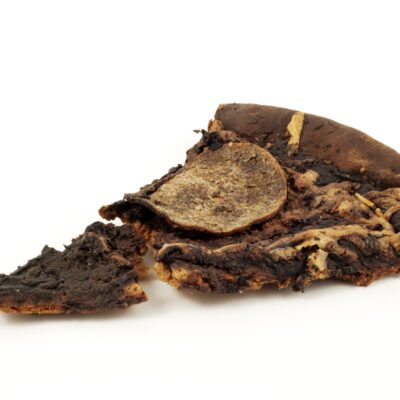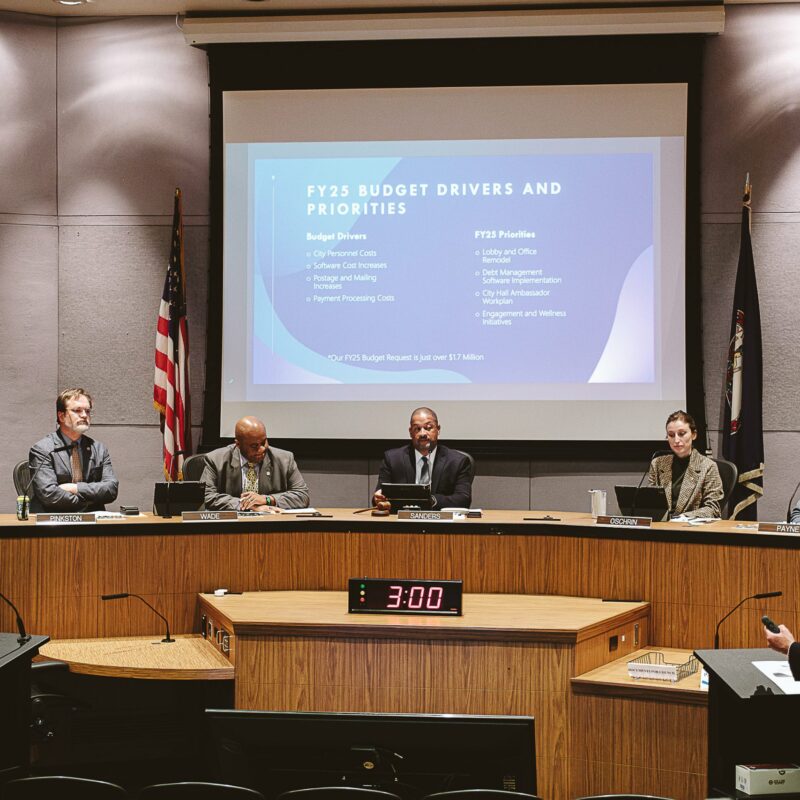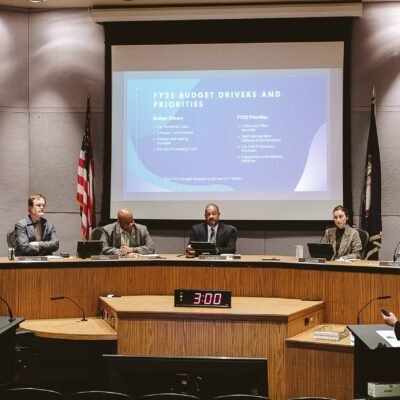|
READ MORE Click here to read a previous cover story about Demonte Burgess and George Huguely. |
On June 10, three defendants charged in connection with the city’s first homicides since October 2008 were slated to appear in Charlottesville General District Court. While court dates for 22-year-old George Huguely and 19-year-old Demonte Burgess were moved to October 7 and August 12, respectively, Burgess’ codefendant, 18-year-old Antonio Grooms of Richmond, appeared for an hour-long preliminary hearing.
Like Burgess, Grooms faces charges of second-degree murder, assault, and multiple firearm offenses in connection with a January 22 shooting at Mountain View Mobile Home Park. Miguel Salazar, 32, was found dead at the scene from a gunshot wound to the head; Rafael Ayala, 25, was treated for a gunshot wound at UVA Hospital then released.
|
According to testimony from Charlottesville Police Detective David Harris, 18-year-old Antonio Grooms told police during an interview that he “didn’t want to be a snitch.” |
Before Grooms’ appearance, a translator moved between groups of Hispanic men and women seated on one side of the courtroom and asked whether they understood English. A few accepted headphones from her; a murmur of Spanish buzzed from their speakers, translating testimony from Charlottesville Police Detective David Harris.
According to Harris, witnesses interviewed after Salazar’s death said two black males approached Salazar and three Hispanic men outside of a trailer, and one black male demanded money. When Salazar responded that he did not have any, witnesses told Harris, both black men discharged firearms. In response to a question from Grooms’ lawyer, James Hingeley, Harris testified that witnesses identified two separate guns: a revolver and a semi-automatic.
Grooms, said Harris, became a “person of extreme interest” in the days following Salazar’s death. On January 26, Harris heard from a person in Hanover County who claimed to possess text messages allegedly from Grooms’ cell phone and received in the days following Salazar’s death. The next day, Harris traveled to Hanover to document the messages, selections from which he read during Grooms’ hearing.
One text, from the afternoon of January 23, read, “I caught my first body last night,” according to Harris. Messages continued through January 25; Harris read texts in which the sender mentions “defending my cousin,” instructs the recipient to “erase these texts,” and claims “my life is through.”
Harris also testified that police learned Grooms, prior to January 22, referred to a “cousin” who was shot. According to Harris, police records list Demonte Burgess as the victim of a January 14 shooting.
Grooms was arrested on February 11 and, according to Harris, interviewed by another city police officer for more than two hours. During the interview, Harris testified, Grooms said he “didn’t want to be a snitch.”
Judge Downer certified Grooms’ case for grand jury, meaning he will appear before a jury at his next court appearance on June 21. As Grooms was led from the courtroom, a few men and women seated on the side of the prosecution removed their headphones.
|
Prosecution filed orders to seal search warrants in the investigation of George Huguely because, combined with the publicity of the case, warrant information might affect jury selection or further investigation. |
Order unsealed in Huguely case
George Huguely, the former UVA student and lacrosse player charged with first-degree murder in the death of 22-year-old student Yeardley Love, was also due in court on June 10. Ultimately, his appearance was postponed by roughly four months, to October 7. Huguely’s lawyers, Francis McQ. Lawrence and Rhonda Quagliana, declined to comment on the change in date.
However, four orders to temporarily seal search warrants following Huguely’s arrest were released on Tuesday, June 8. The orders, filed on behalf of the prosecution by Commonwealth’s Attorney Dave Chapman, sealed search warrants for the residences of both Huguely and Love, as well as a search located in Albemarle County and searches of two vehicles. While the orders omit further details on the vehicles and the Albemarle County search, they suggest that the publicity of Huguely’s case was a prominent reason for sealing the warrants.
“The events underlying the case are receiving and are expected to continue to receive widespread publicity in local, state, and national news media,” reads each order. The spread of information drawn from the warrants, according to the orders, might compromise law enforcement investigations and the selection of an impartial jury.
C-VILLE welcomes news tips from readers. Send them to news@c-ville.com.







